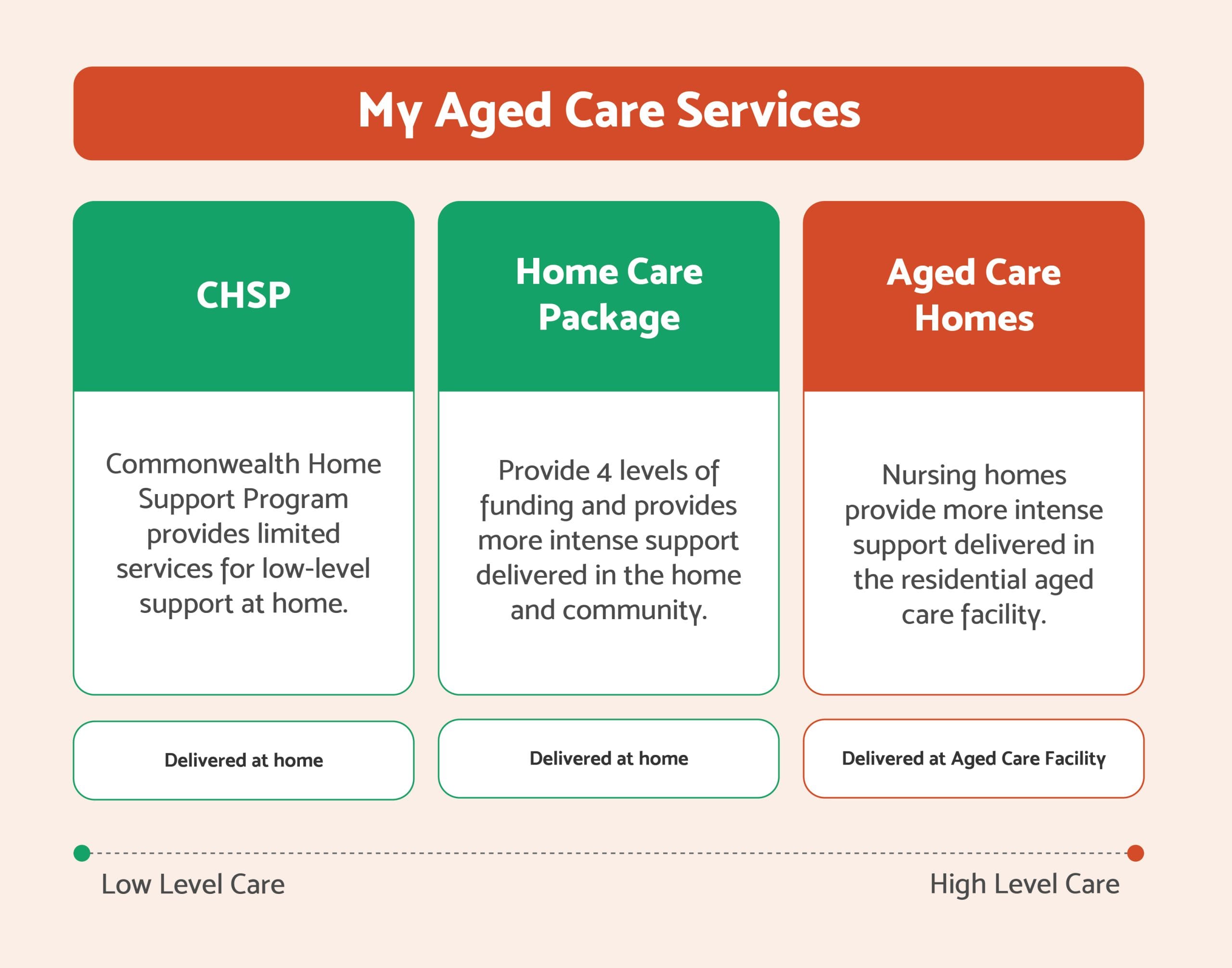Key questions to ask your support at home provider
Key questions to ask your support at home provider
Blog Article
All Concerning Home Treatment Services for Individuals With Disabilities: NDIS Registered Support
Home care solutions under the NDIS play a crucial function in supporting people with disabilities. These services are created to improve daily living through customized help, ranging from personal like movement support. Recognizing how to navigate these choices can be complicated. This summary checks out the different elements of NDIS home treatment, from offered services to the option of service providers, highlighting vital factors to consider for those looking for support. The trip towards empowered care starts below.
Understanding the NDIS and Its Purpose
The National Disability Insurance Policy System (NDIS) serves as a transformative structure made to provide support and services for individuals with disabilities. Established to enhance the lifestyle and guarantee fair accessibility to crucial resources, the NDIS encourages individuals by using personalized plans customized to their unique needs. It intends to foster self-reliance, enabling people to pursue their personal objectives and aspirations.Through an organized approach, the NDIS assigns funding for different assistances, including education and learning, employment help, and community involvement. This all-inclusive scheme not just concentrates on prompt care but also highlights long-term developmental outcomes. By promoting selection and control, the NDIS motivates participants to pick their recommended provider, assuring that treatment aligns with their values and preferences. Inevitably, the NDIS represents a significant commitment to improving the lives of individuals with handicaps, fostering inclusivity, and developing an extra supportive society.
Kinds Of Home Care Services Available
Different sorts of home care services deal with individuals with disabilities, mainly concentrating on personal treatment aid and reprieve treatment alternatives. Individual care assistance provides necessary support with day-to-day activities, while respite treatment uses short-lived alleviation for primary caretakers. Understanding these solutions is vital for guaranteeing the wellness of both individuals with impairments and their family members.
Personal Treatment Help
While maneuvering day-to-day live can provide obstacles for people with handicaps, personal care help uses crucial support tailored to their one-of-a-kind requirements. This sort of home treatment service incorporates a series of tasks created to promote independence and boost lifestyle. Personal care assistants aid with day-to-day tasks such as showering, dressing, grooming, and toileting, making certain people preserve personal hygiene and comfort. They might also aid with meal preparation, drug administration, and wheelchair assistance. By giving individualized treatment, these professionals encourage individuals to involve more totally in their daily routines and social activities. Overall, individual treatment assistance plays a considerable role in fostering self-respect and freedom for those with handicaps, allowing them to prosper in their home environment.

Reprieve Treatment Options
Respite treatment offers as an important resource for family members and caregivers of individuals with handicaps, giving temporary relief from the demands of everyday caregiving. This kind of solution can take various forms, consisting of in-home reprieve care, where experienced specialists visit the home to help with treatment tasks. Households might choose for facility-based reprieve treatment, where individuals obtain treatment in a customized atmosphere, allowing caretakers to take a break. Furthermore, some organizations offer emergency situation respite solutions for unanticipated circumstances. These options not just assist relieve caregiver tension however also advertise the wellness of individuals with specials needs by using them new experiences and social interaction. On the whole, reprieve care plays an essential function in sustaining both caretakers and those they look after.

How to Access NDIS Home Care Services
Accessing NDIS home treatment services involves comprehending the qualification criteria established forth by the National Handicap Insurance Policy Plan. Individuals must navigate a structured application process to secure the essential assistance tailored to their requirements. This area will make clear both the qualification requirements and the actions associated with obtaining services.
Eligibility Criteria Clarified
To get NDIS home care solutions, people have to satisfy particular eligibility criteria that examine their conditions and needs. Applicants should be matured in between 7 and 65 years and have a permanent and considerable impairment that impacts their capability to perform day-to-day activities. Additionally, they must be an Australian citizen, a long-term homeowner, or hold a Protected Special Group Visa. The NDIS needs proof of the special needs, generally through clinical assessments or reports. Additionally, individuals should demonstrate that they need assistance to take part in social and financial life. These criteria assure that solutions are directed in the direction of those that genuinely need help, advertising freedom and boosted quality of life for individuals with disabilities.
Application Refine Actions
Can I Choose My Very Own Support Employees With NDIS?
The private inquired whether they could choose their own assistance employees under the NDIS structure. Generally, individuals have the adaptability to choose support employees, promoting customized treatment that straightens with their certain requirements and preferences.
What Occurs if My Requirements Adjustment After Getting Assistance?
If a person's requirements change after getting support, they must communicate these modifications to their service supplier. Changes can be made to the care strategy, guaranteeing that the support stays effective and relevant for their scenarios.

Are There Restricts on The Number Of Hours of Care I Can Receive?
The specific asked about possible limitations on the variety of treatment hours obtained. Usually, such limits might exist based upon specific policies or funding setups, highlighting the value of reviewing arrangements and standards consistently.
Can I Utilize NDIS Funding for Home Alterations?
The concern of using funding for home alterations occurs often. Usually, people may make use of NDIS funding for needed adjustments to their homes, guaranteeing accessibility and safety and security, contingent upon conference details qualification criteria and standards.
Just how Do I Deal with Problems Regarding My Home Treatment Providers?
To deal with complaints concerning home treatment services, people should initially document their worries. They can communicate directly with their solution supplier, looking for resolution, or escalate the problem to pertinent oversight bodies if essential. Home treatment solutions under the NDIS play a crucial role in sustaining individuals with specials needs. Numerous kinds of home treatment solutions provide to individuals with impairments, mainly focusing on personal treatment help and reprieve care choices. home care providers melbourne. Personal care aid gives important support with daily activities, while reprieve treatment supplies momentary alleviation for main caretakers. Households might opt for facility-based respite care, where individuals get treatment in a specific environment, permitting caregivers to take a break. Exactly how can households successfully handle the monetary aspects of home treatment solutions for people with specials needs?
Report this page